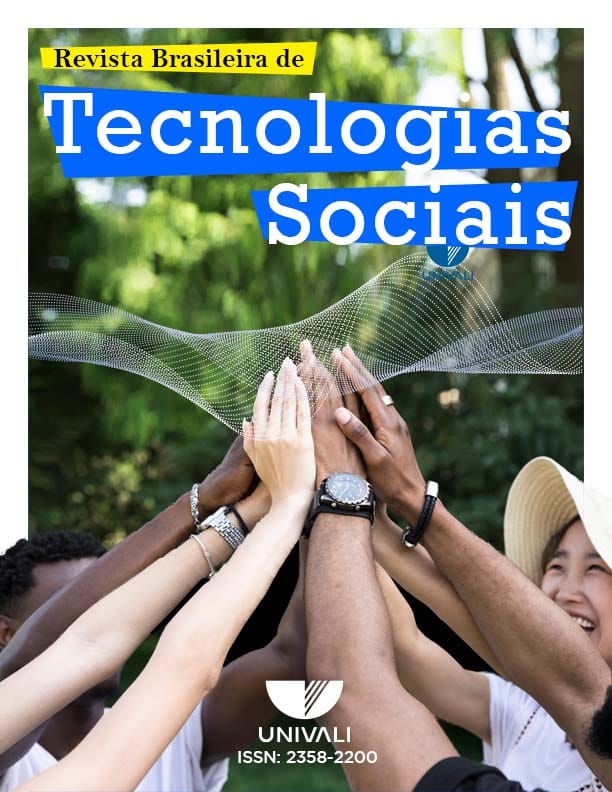
Semi-arid region in Brazil has undergone changes since the 1990’s with One Million Cisterns Program (P1MC), where families in the community learn to build and maintain slab cisterns (social technology). After its diffusion in the semi-arid region, P1MC became a public policy and it has been carried out in partnership with local organizational actors. The objective of this study is, from the expected impacts of a social innovation initiative in terms of the dimensions of process and result, presents P1MC as an institutionalized social innovation initiative, according to analytical categories of theoretical framework developed by Medeiros (2018). The method used was an in-depth case study, with qualitative evidences. It is concluded that P1MC is characterized as an institutionalized social innovation program, in which there is the effective participation of social, organizational and institutional actors. However, if there is not the expected engagement between these actors, it will not be possible to continue this social innovation, changing its expansion movement and involving the consolidation of its main results.






The Brazilian Journal of Social Technologies is a Qualis B1 publication, according to the Qualis Periódicos CAPES 2017-2020 classification.
The Brazilian Journal of Social Technologies aims to disseminate scientific knowledge through a biannual publication, which is characterized by multithematic and interdisciplinary content aimed, preferably, at the dissemination of work developed by the country's Professional Master's Degrees, in the form of products or processes that can be characterized as Social Technologies. Currently the editors are professors Carlos Roberto Praxedes dos Santos (Public Policy Management) and Graziela Liebel (Health and Work Management).

